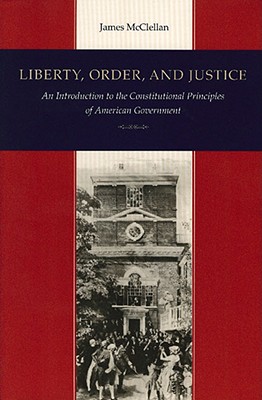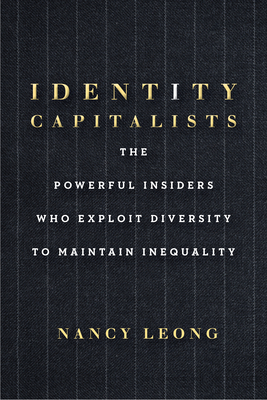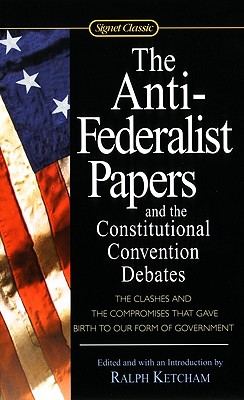
description
gal scholar Owen Fiss offers a bold and daring reconstruction of judicial doctrine that gives expression to the democratic aspirations of the US Constitution. Fiss argues that embedded within the Constitution is a commitment to democracy, and that over the course of the twentieth century, the Supreme Court brought to fruition the principle that allows those who are ruled to choose their rulers. Each chapter focuses on Supreme Court cases that enlarged the freedom that democracy generates. Fiss points to rulings that allowed citizens to vote, facilitated the exercise of their right to vote, ensured the equality of votes, and provided feasible access to the ballot for independent candidates and new political parties. He celebrates these decisions and at the same time insists upon shifting the ground upon which these decisions rest--from equal protection of the laws to the recognition of a federal constitutional right to vote. Given the threat of democratic backsliding in a nation that has the world's oldest democratic constitution, Fiss's analysis and message are more important than ever.
member goods
No member items were found under this heading.
Return Policy
All sales are final
Shipping
No special shipping considerations available.
Shipping fees determined at checkout.







